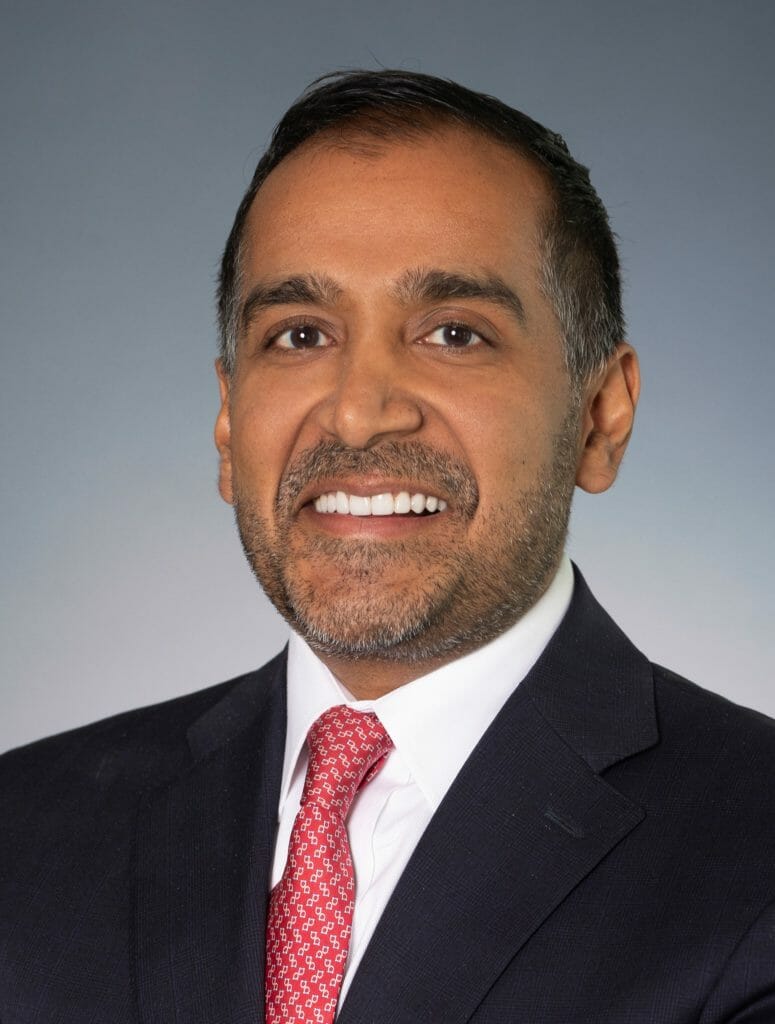
It took a carrot-and-stick approach to spark a radical change at SCAN Health Plan.
Last year the Long Beach, CA-based nonprofit tied executive bonuses to increased medication adherence among Blacks and Hispanics enrolled in its Medicare Advantage plans. The strategy worked. After 18 months, the adherence gap between white enrollees and minority enrollees was reduced by 35%

“A lot of organizations talk about why it’s important to talk about disparities, but in our case it actually took tying our compensation to reducing disparities to really get the organization aligned around it,” SCAN Health Plan President and CEO Sachin Jain told McKnight’s Home Care Daily Pulse. “That is where a lot of the ingenuity, creativity and drive came.”
The Centers for Disease Control and Prevention is leading efforts to close health equity gaps. Health equity is defined as a state in which everyone has a fair and just opportunity to attain the highest level of health. Those who lack access to healthcare can become sicker and put more of a burden on the healthcare system, driving up healthcare costs.. Many providers, including home care firms, are including health equity in the development of diversity, equity and inclusion plans.
Targeting medication noncompliance
Before SCAN Health Plan launched its effort in late 2020, the company noticed that 86% of its white members were taking their cholesterol and diabetes medication, while the adherence rate for Blacks and Hispanics was anywhere from 81% to 84%. While that may not seem like a huge disparity, Jain said differences, such as that, can be deadly and costly.
“That gap represents potentially hundreds of strokes or heart attacks that could have been avoided,” he explained.
After some investigating, the company found that language barriers, transportation problems, a lack of understanding about medications, and trust were all factors that contributed to the adherence gap.
SCAN Health Plan responded by recruiting more Black and Hispanic care navigators and pharmacists; training staff on ways to better relate to those groups; and expanding contracts with vendors, such as MedArrive, to deploy more care into members’ homes.
“You might go into a home and find someone isn’t even taking their medicine — bottles are unopened, the packages are unopened,” Jain said. “We forget sometimes that people spend 20 minutes in their doctor’s office four times a year, but they spend the rest of their lives in their home.”
Next challenge: vaccination rates
The company’s successful strategy to increase medicine adherence has inspired it to tie incentives to vaccination rates among the African American community. Jain hopes SCAN Health Plan can continue to close health equity and eventually become a model that other healthcare organizations will strive to emulate.
“It’s easy to put out a press release after George Floyd was murdered, so you stand with Black Lives Matters,” he said. “It’s much harder to change your operations to actually better serve minority patients.”



